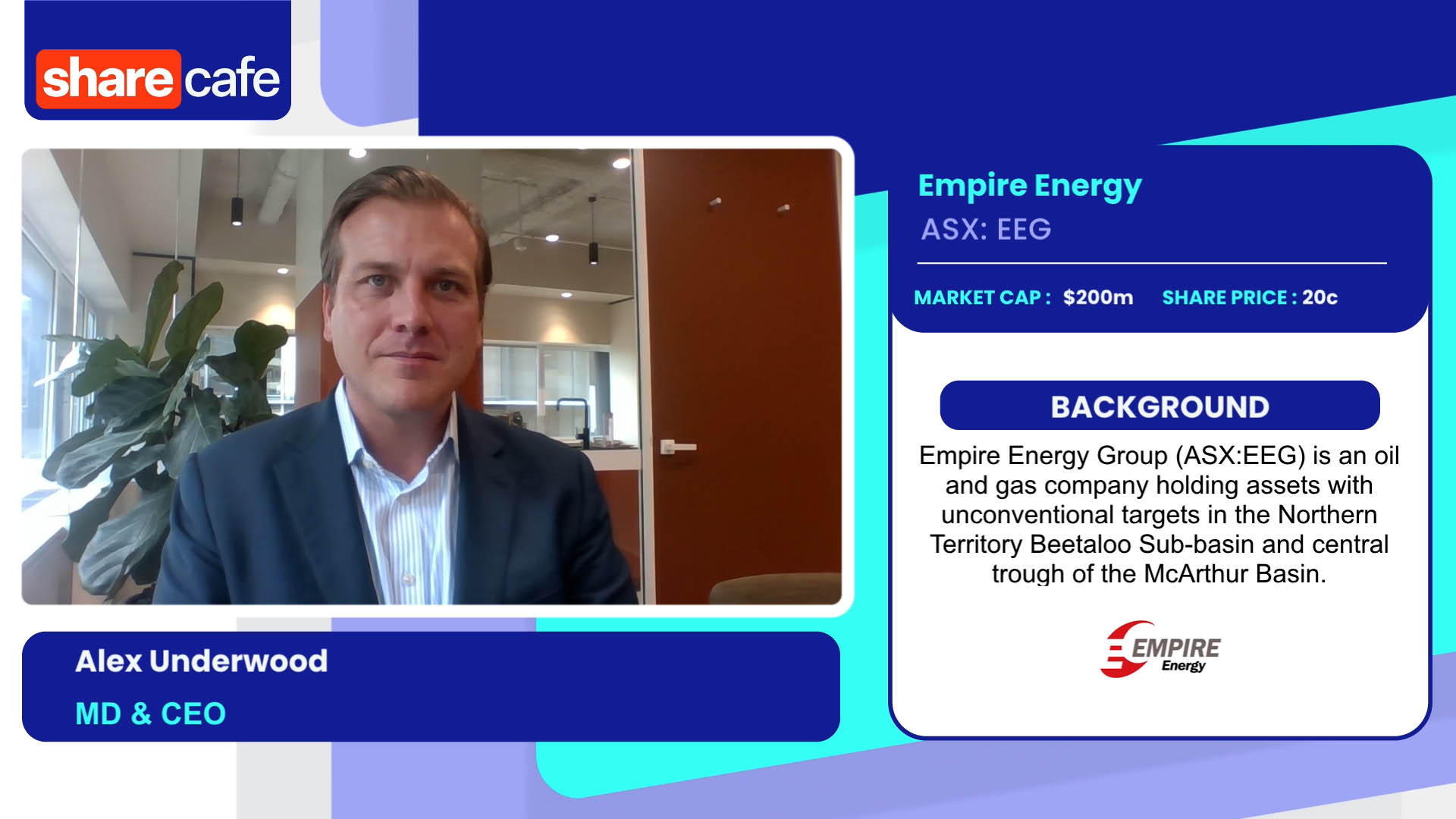Be very scared from now on.
The US Federal Reserve’s second round of easing is wobbling, US President Obama seems to have lost control of economic policy and the markets are being turbo-charged by cheap credit.
In short, a bubble is being created, made worse by this week’s tax deal..
If the US was Italy, Spain or Belgium, we would be seeing ‘euro crisis deepens’ headlines this week after the ‘bloodbath’ in bonds (the yield on the 10 year bonds jumped by 0.12% at one stage, a huge rise for such a big market).
That surge in bond yields in the US, came amid a big sell-off midweek.

Admittedly it came in thin trading in some securities (investors having taken profits last month from the long rally in bonds), but the rise on Wednesday was the biggest in two years.
Driving it, the latest defacto US fiscal stimulus, the tax deal President Obama struck earlier this week.
That plan was in doubt Friday with news that democrats in the US House of Representatives had rejected it, for the time being.
But the cost will be another $US300 to $US900 billion in spending (or forgone tax revenues) over the next two years or more (and watch these cuts become permanent) and hundreds of billions of dollars onto the federal deficit and the national debt of more than $US12 trillion.
The short-term impact will be positive, no chance of a double dip recession, the maintenance of Government fiscal stimulus next year instead of it being withdrawn and possible higher levels of growth.
Hence the need for interest rates to rise, which they are doing.
It’s fiscal stimulus to help the Fed’s second lot of quantitative easing.
It will add to inflationary expectations if allowed to stand and that will lift the dollar and boost market interest rates, which seems to be happening.
But that looks self-defeating, especially for the sector most in need of help, housing.
But with investors and markets increasingly suspicious of countries with high debt levels (that’s why Greece and Ireland were rescued); will America now join the queue?
In fact, shouldn’t America already be in that queue?
That’s the big question because America’s already terrible fiscal position will now be made worse by this tax deal.
The tax deal remains in limbo because some Democrat members of the current House of Representatives oppose the cuts for the rich; that could sink the agreement.
But if it goes ahead, will US-based ratings agencies put America’s rating on a creditwatch negative after the latest deal?
If it was good enough for Ireland, Portugal and Greece to be warned by the agencies, then why not America?
If it was the UK, Australia, New Zealand or Japan adding to debt, the rating agencies would whip out a warning.
But America? The agencies will duck and weave and avoid the obvious decision.
They will ignore what looks like a bubble in search of a bust.
So what could be the catalyst for a bust?
Try the US housing sector, for a second time.
After all, didn’t the US housing sector trigger the GFC and all its pain back in 2006-07?
With the explosion in US bond yields, now watch mortgage rates soar and new and existing home sales fall or not grow.
With millions of unsold homes on the market and new housing starts near all time lows, US house prices have turned down and started falling, again.
That is unprecedented in modern memory.
Some forecasters say that a 10% drop can be expected into 2011.
If mortgage rates return to the 5% or more level and remain there into next year that will prove to be an under-estimate as the weight of unsold homes and foreclosures forces the market lower.
Average 30-year mortgage rates have risen to around 4.75%, up 0.57% (57 basis points) to the highest level since July from an all-time low of 4.17% hit a month ago.
The rate a year ago was 4.89%.
But in that year, despite the fall in rates to record lows, the index that measures mortgage applications has fallen 15%.
And now mortgage rates are heading back to 5%.
Figures out this week in the uS show that the value of US housing will fall $US1.7 trillion in 2010, much larger than the fall last year.
Nearly 24% of all American mortgage holders now owe more than their houses are worth.
The tax deal will not help them recover.
Housing remains at the root of the US economy’s problems; the Fed, and now President Obama could have shot the recovery in housing.
This looms as the best candidate for the catalyst that pricks the current boom.
Just look at the American consumers; they remain under pressure, despite the hype about rising consumption and solid retail sales.
Job creation is fading, income is now growing solid, with all the growth we’ve seen this year in government transfer payments (in aggregate).
Corporate America is stockpiling cash, not investing and the outlook is for no change.
Figures out this week showed a rise in US consumer credit, but that was for student loans.
US consumer credit card debt continues to fall.
Consumers are cutting back, or being cut out of the credit system.
Over the past three months US consumer credit outstanding net of federal student assisted loans has dropped by $US76 billion – the sharpest fall on record.
The Fed’s second round of easing is trying to drive down interest rates and get banks lending to business and home buyers again.
They aren’t; the Fed’s efforts are flailing (not failing, yet).
The banks are financing the boom in cr













